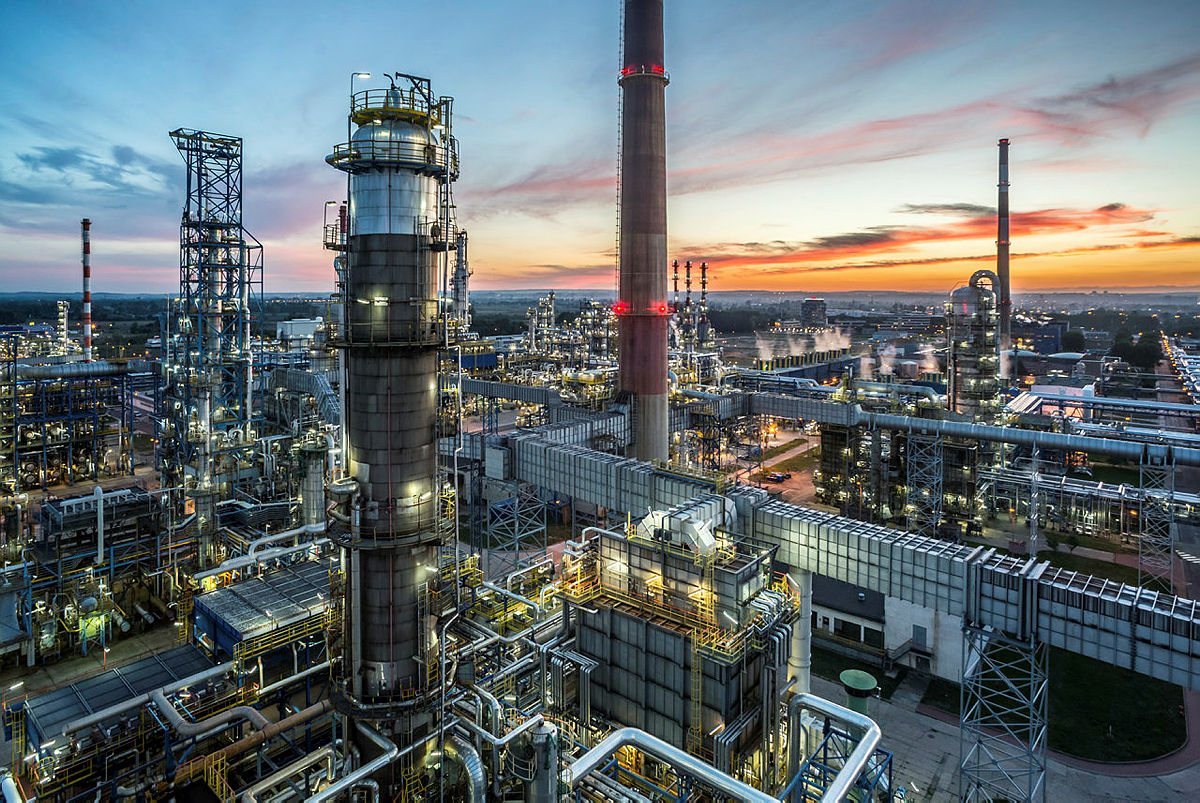For the first time in history, we successfully conducted the partial refurbishment shutdown of the refinery. This was no small challenge having in mind the prevailing high level of COVID-19 infections in the spring of 2021. The hefty natural gas price hikes triggered the necessity of switching the refinery’s mode of operation to one that would minimize its consumption. This was successfully accomplished by tapping into the plant’s technological flexibility and thereby generated cost savings worth many millions on energy carriers. Reorganizing the refinery business in the Lotos Group in the direction of a processing refinery was a highly complex project. It was run with the extensive participation of many employees without any negative effects on the current operating business and the accessibility of products to our clients.
Impact of the COVID-19 pandemic on the global fuel market

The year 2021 saw a rapid economic recovery that led to strong increases in electricity and commodity prices. Clearly, the economic landscape during this period was therefore vastly different compared with the COVID-19-enduced recession of 2020. According to the International Monetary Fund’s (IMF) January 2022 estimates, global economic growth was 5.9%. Across Europe, the recovery was also very strong (with the highest growth seen in Ireland at 13.0%, and the lowest in Belarus at 2.1%), despite the socio-economic strictures being introduced locally, albeit with less intensity than in 2020. Additionally, improving economic conditions were supported by the effectiveness of COVID-19 vaccines and the pace of their roll-out worldwide. However, despite the prospects of further economic growth, there remain a large number of factors that could disrupt the growth momentum of the global economy – including the risk of potentially dangerous new COVID-19 variants emerging, supply chain bottlenecks, the level of sovereign debt in many countries, rising inflationary pressures and response by central banks. Above all, however, the greatest uncertainty is related to the further development of the conflict in Ukraine.
As the economy improved, so did the demand for fuels. According to analytical agencies, the demand expanded by over 5%, which was reflected in rising oil prices. In 2021, Brent crude averaged USD 70.9/bbl, compared with USD 41.8/bbl in 2020.
Steps taken by the OPEC+ countries to balance the market (limited increase in output resulting in a decrease in stocks in the OECD countries) and, on the other hand, the growing availability of crude from non-OPEC countries (mainly the US, Canada, Russia, Norway, Guyana, and Argentina) had a significant impact on the prices seen during the year.
The global energy market in 2021 was heavily influenced by prices of natural gas. In the first half of 2021, the price of this commodity was under pressure from low air temperatures (cold winter), while in the second half of the year 2021 the price was influenced by a number of other factors, including Russia’s strategy to limit exports to Europe (also to storage facilities owned by OAO Gazprom), which would eventually lead to the commissioning of the Nord Stream 2 gas pipeline (the certification process has been suspended). Further, lower gas production on the continent (Norway, the UK), the ongoing economic recovery (strong export growth to the Asia-Pacific region), as well as reduced availability of natural gas in maritime supply (LNG) pushed gas prices on the UK NBP (National Balancing Point) market from $43.6/boe to $97.7/boe, creating uncertainty about further economic growth (rising inflationary pressures).



